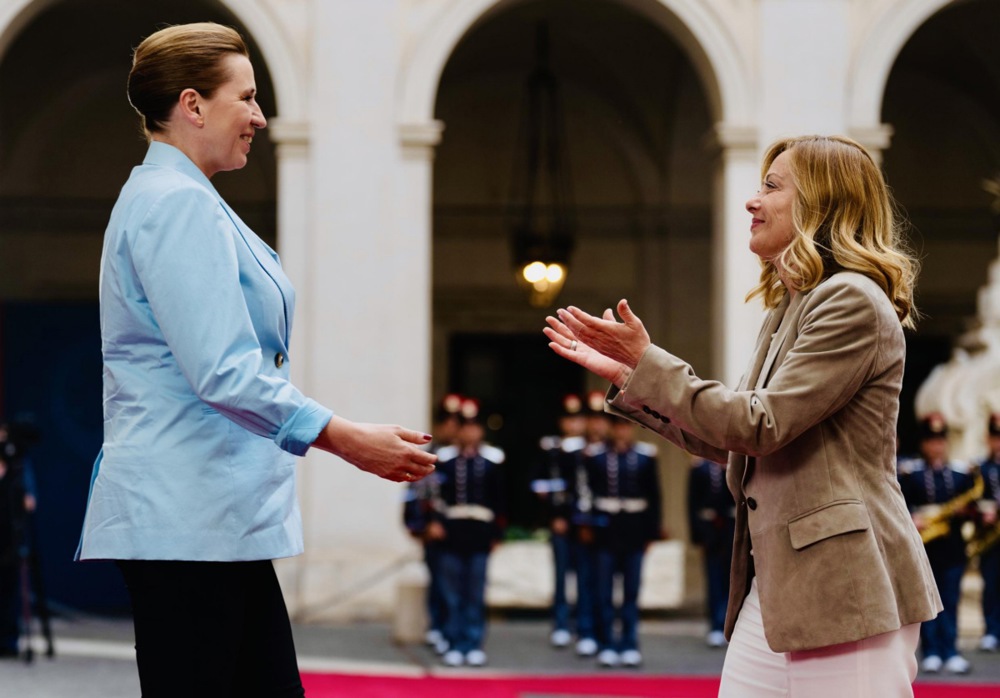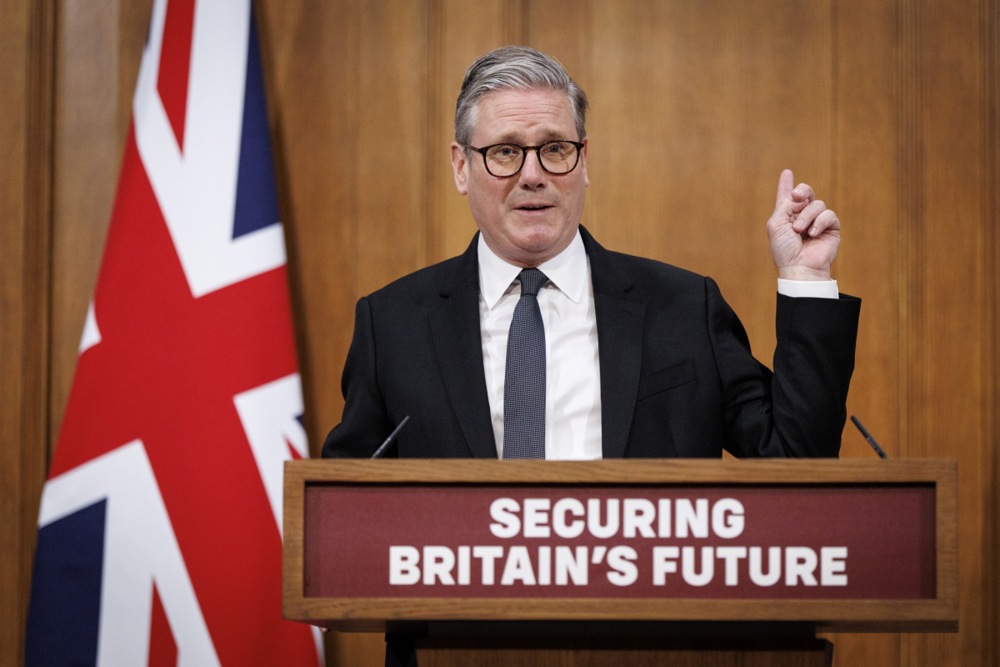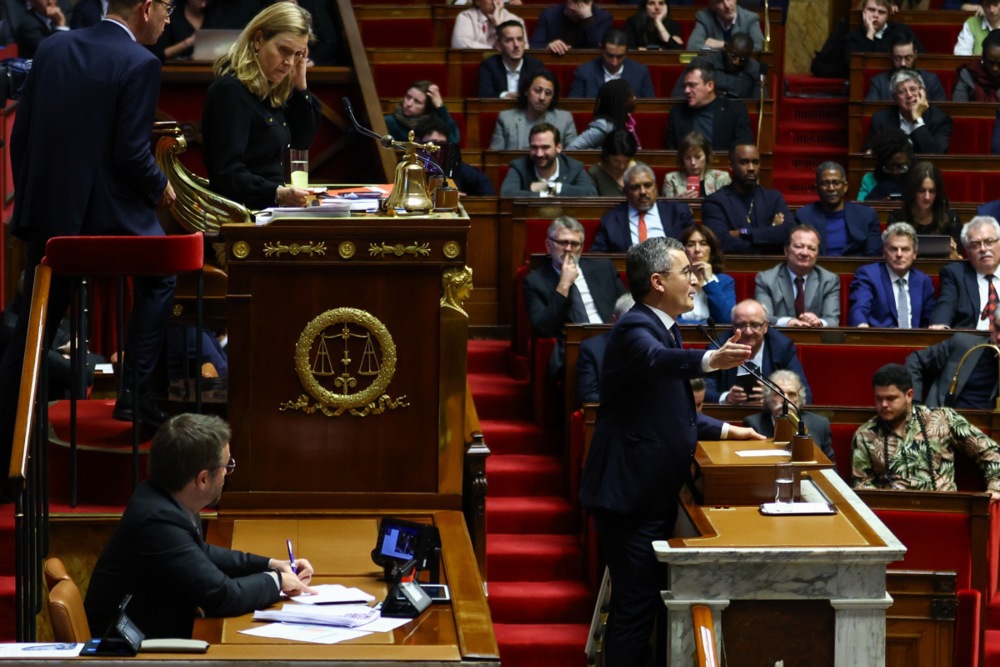Council of Europe Secretary General Alain Berset has reacted negatively to a letter from nine heads of state who asked the European Court of Human Rights (ECHR) for more flexibility to allow them to expel criminal migrants.
Berset said in a press statement on May 24 that upholding the independence and impartiality of the Court was the bedrock of the Council of Europe.
“Debate is healthy but politicising the Court is not. In a society governed by the rule of law, no judiciary should face political pressure. Institutions that protect fundamental rights cannot bend to political cycles,” he said.
“If they do, we risk eroding the very stability they were built to ensure. The Court must not be weaponised — neither against governments, nor by them.”
According to Beset, the ECHR “served as a steady compass, upholding the rule of law and protecting individual rights within the system of checks and balances our states chose to build together”.
“The European Court of Human Rights is the only international court adjudicating violations of human rights in the context of the Russian war of aggression against Ukraine. This should never be undermined,” he added.
On X, Berset said that the ECHR was “a cornerstone of the European legal order” and “the cradle of European law”.
Prime Minister @GiorgiaMeloni, the #ECHR is a cornerstone of the European legal order, adopted 75 years ago by @CoE in Rome, the cradle of European law. Let’s meet in Rome or Strasbourg (Argentoratum) to discuss the questions you’ve raised.
Full statement:https://t.co/d0gPsH5sGi https://t.co/LpKiJGqQbX— Alain Berset (@alain_berset) May 24, 2025
His reaction came after nine EU leaders, including Italy Prime Minister Giorgia Meloni, Polish PM Donald Tusk and Danish PM Mette Frederiksen, on May 22 called for more flexibility in interpreting the ECHR to allow the expulsion of criminal migrants.
The ECHR has extended the scope of the Convention on Human Rights “too far as compared with the original intentions behind the Convention”, argued the leaders in their joint letter.
“We have the duty to defend our citizens, our values, our democracy. We are leaders of societies that protect human rights, yet too often the European Convention on Human Rights is interpreted in a way that prevents states from expelling foreign criminals or protecting their borders. We cannot accept this,” Meloni said.
She and the co-signatories asked for more autonomy at the national level to expel foreign criminals, greater freedom to control who could and could not be repatriated and a halt to what they saw as the use of rights as a weapon against European borders.
Nine EU leaders, including Giorgia Meloni, Donald Tusk, and Mette Frederiksen, have called for more flexibility in interpreting the European Convention on Human Rights to allow them to expel criminal migrants. https://t.co/mMXYc8uaa4
— Brussels Signal (@brusselssignal) May 23, 2025
The ECHR had issued rulings in the past that, while not explicitly mandating open borders, constrained European States’ ability to enforce strict border controls. Decisions emphasising the right to asylum and the principle of non-refoulement – prohibiting return to unsafe countries – often limited deportations, even for illegal or criminal migrants.
Cases against Latvia, Lithuania and Poland over so-called pushbacks to Belarus highlighted how ECHR rulings prioritised migrants’ rights, sometimes overriding national security measures, critics have said.
In 2021, the court ruled against Denmark, saying its three-year waiting period for family reunification for those with temporary protection status breached Article 8 (right to family life).
That ruling forced Denmark to adjust its immigration laws, limiting its discretion to impose delays on family reunifications.





